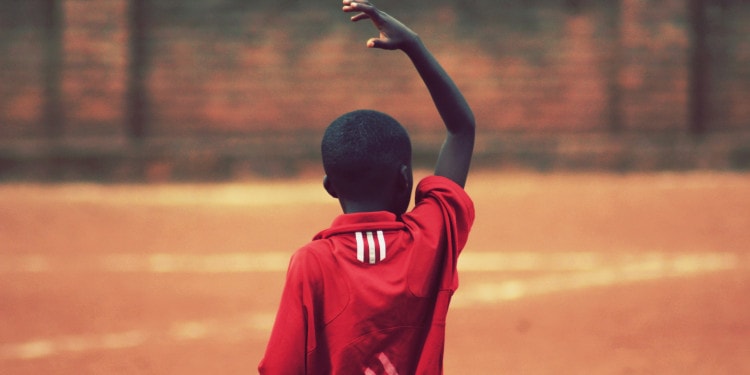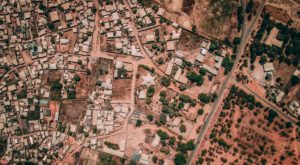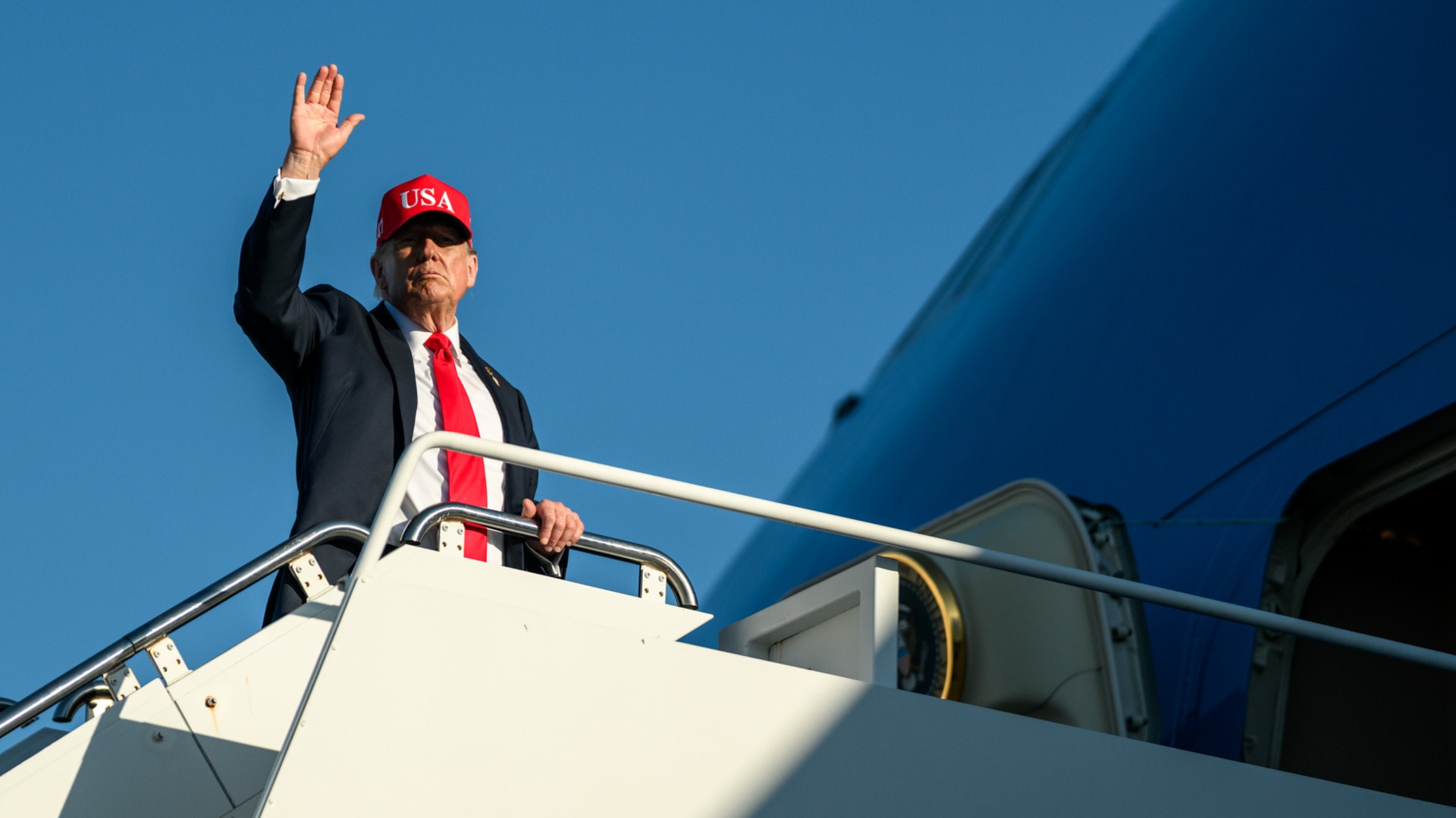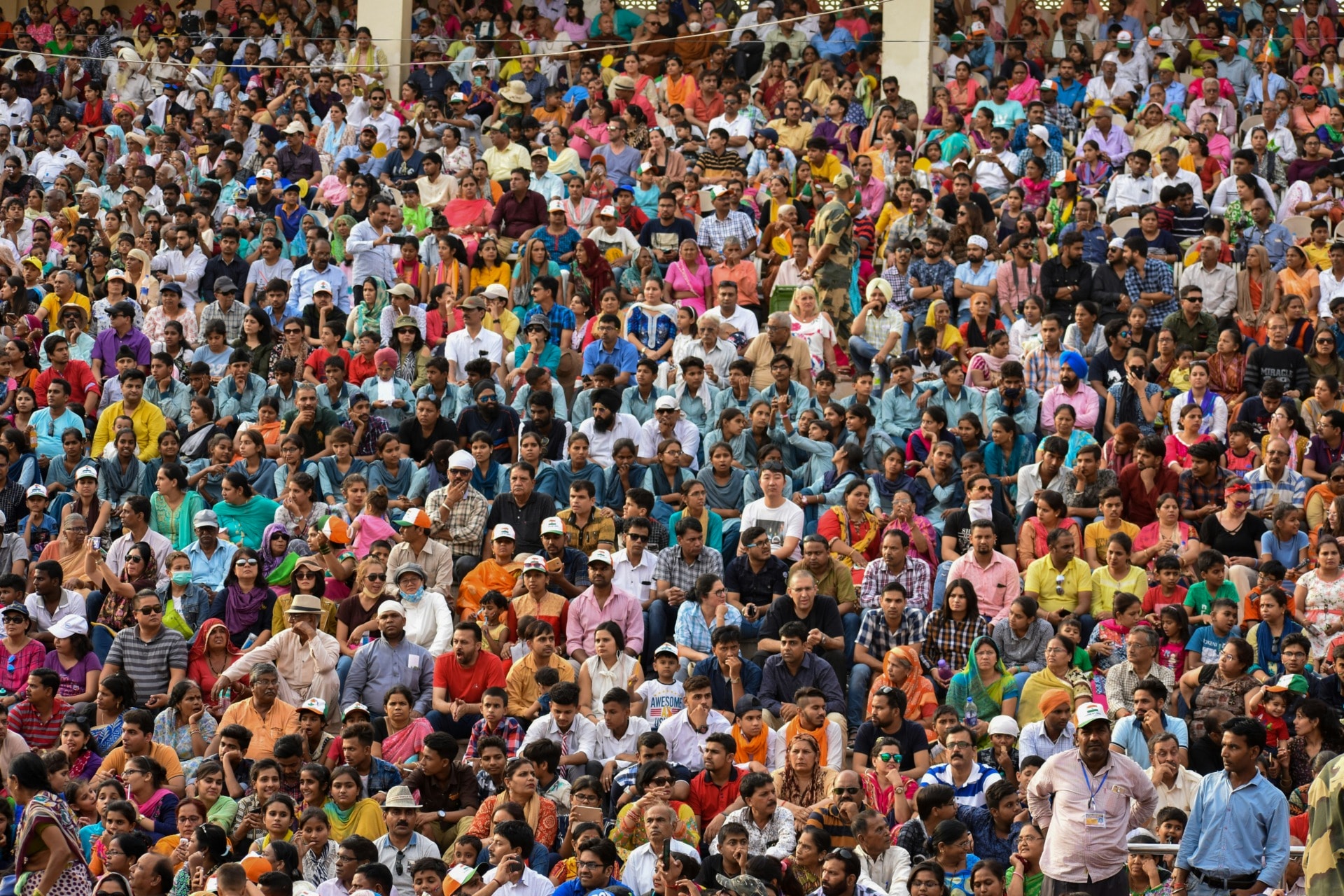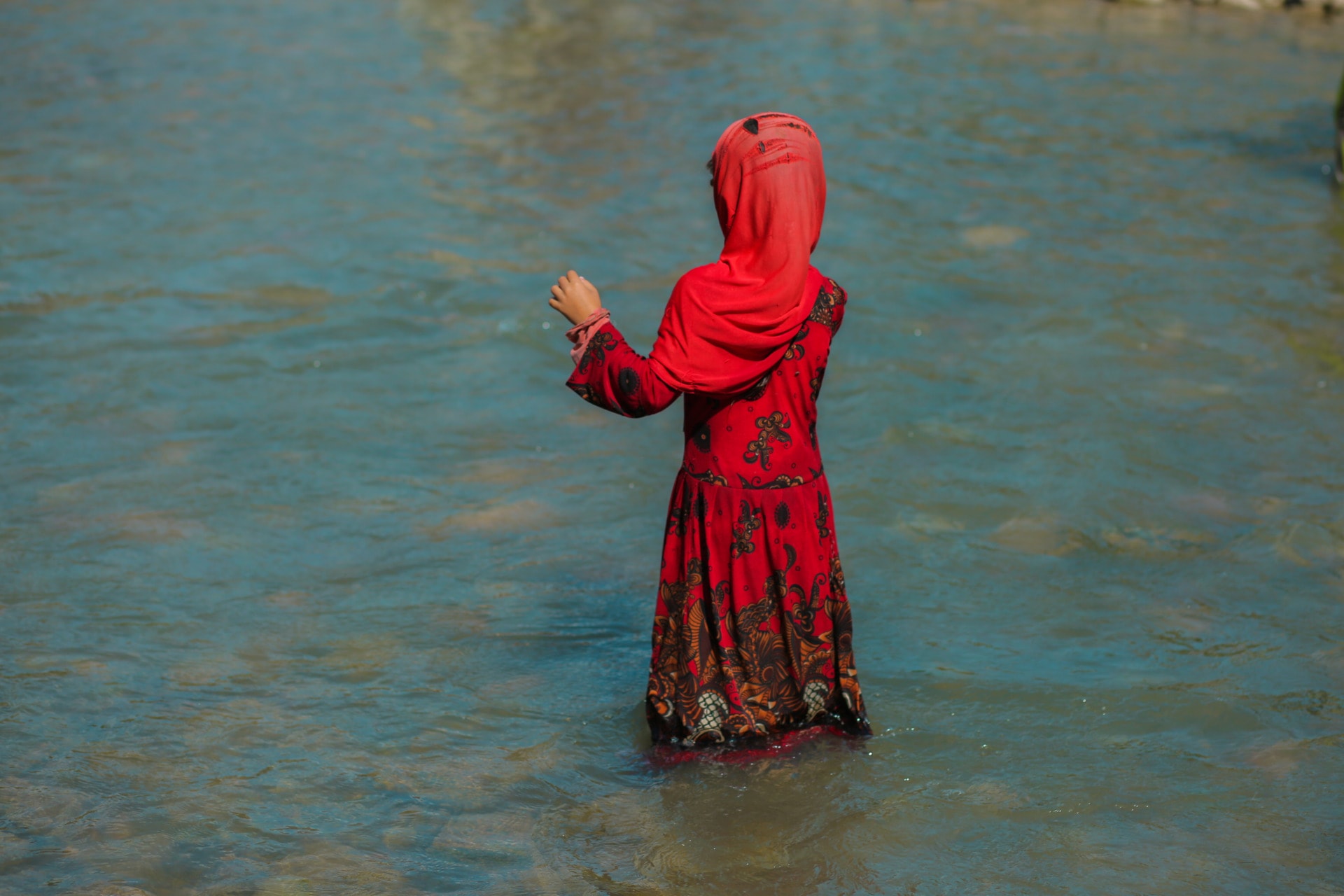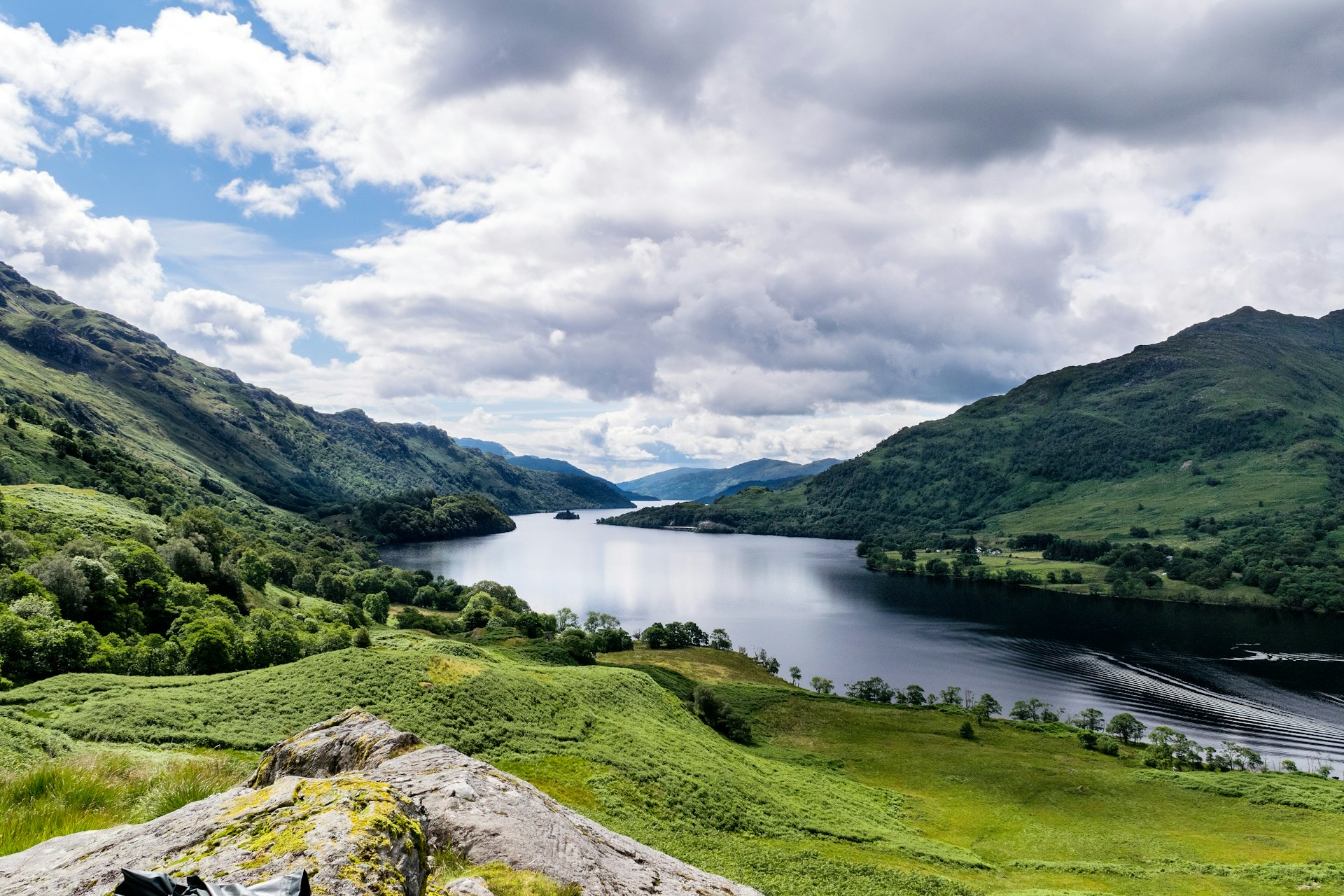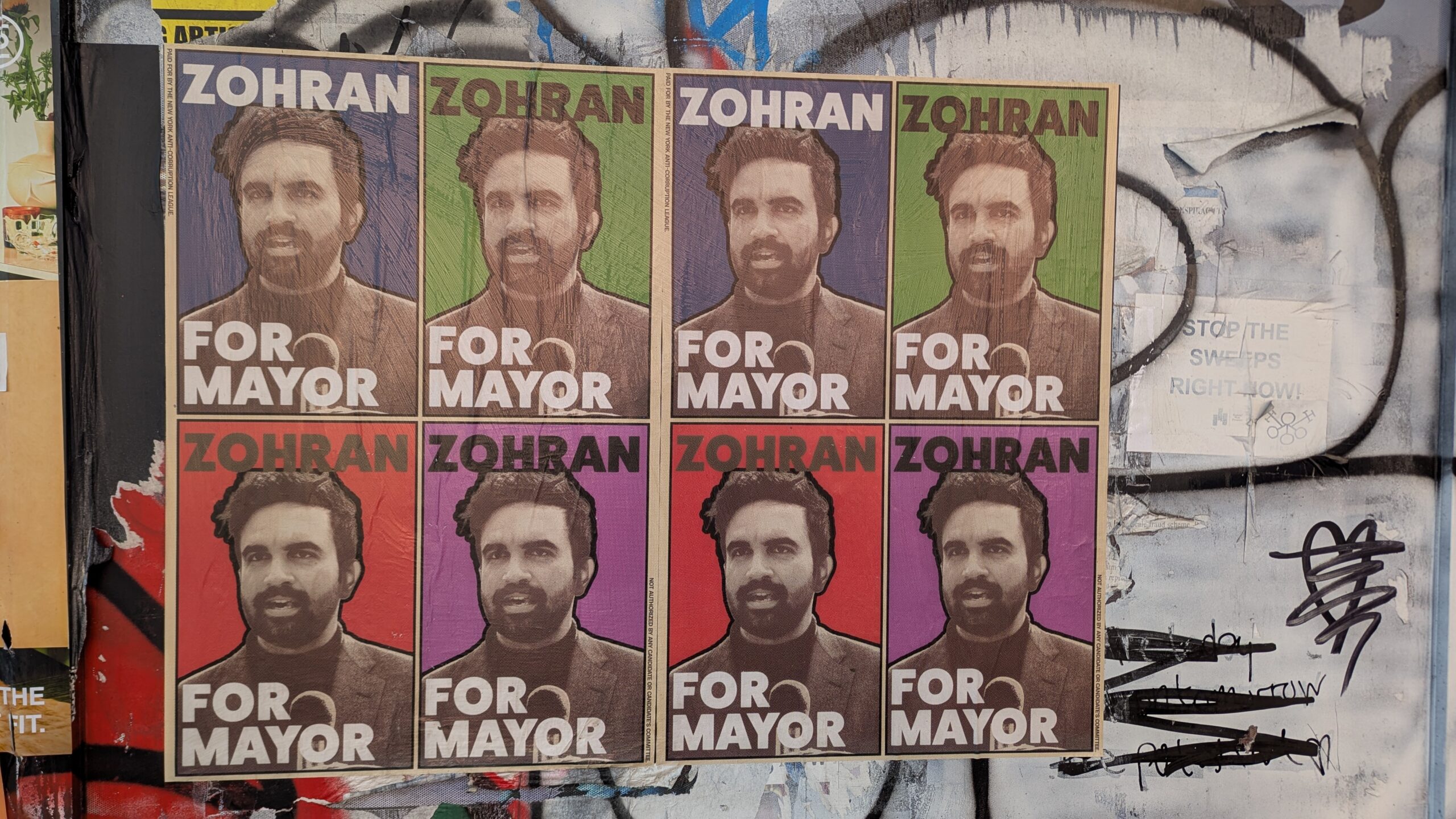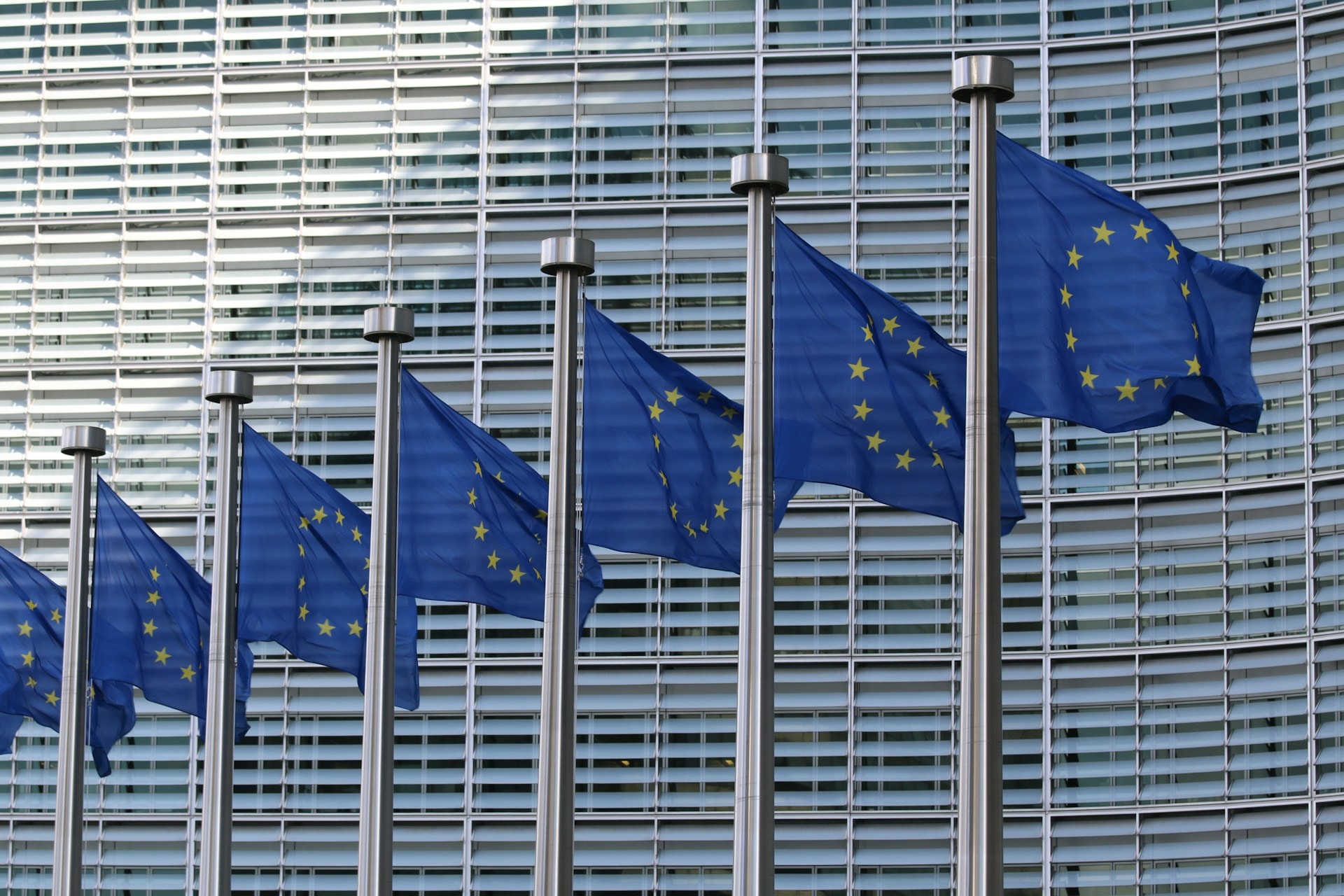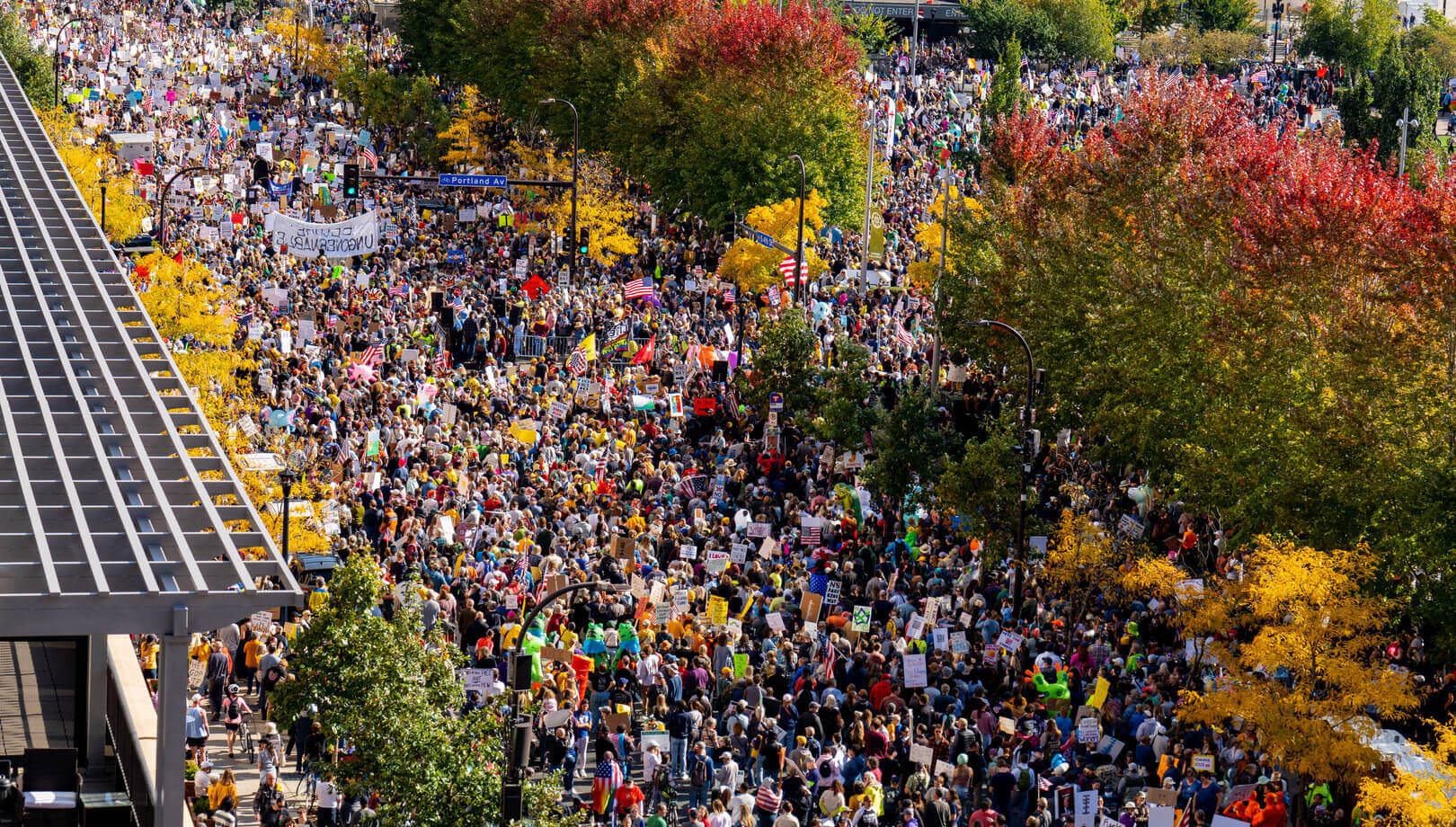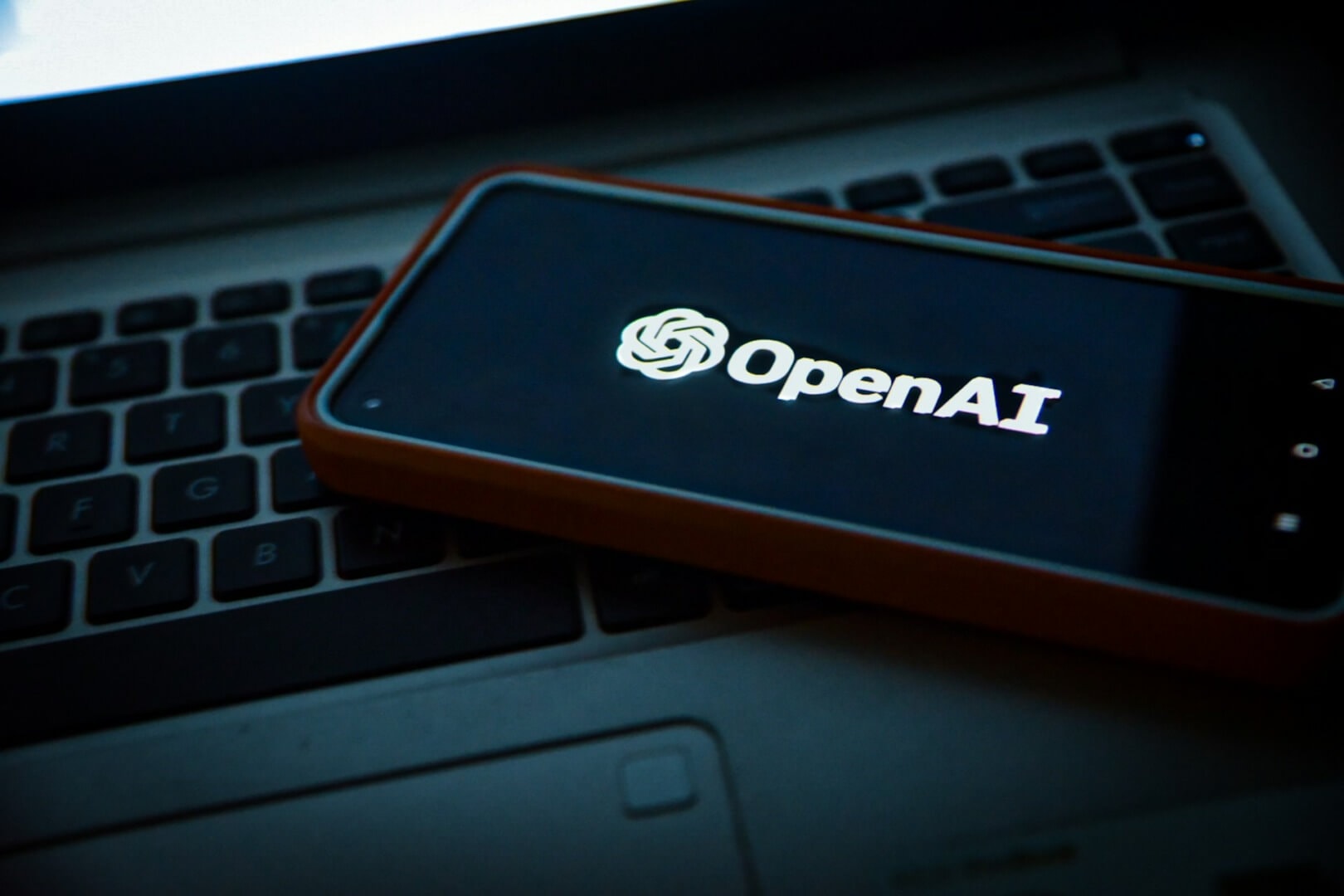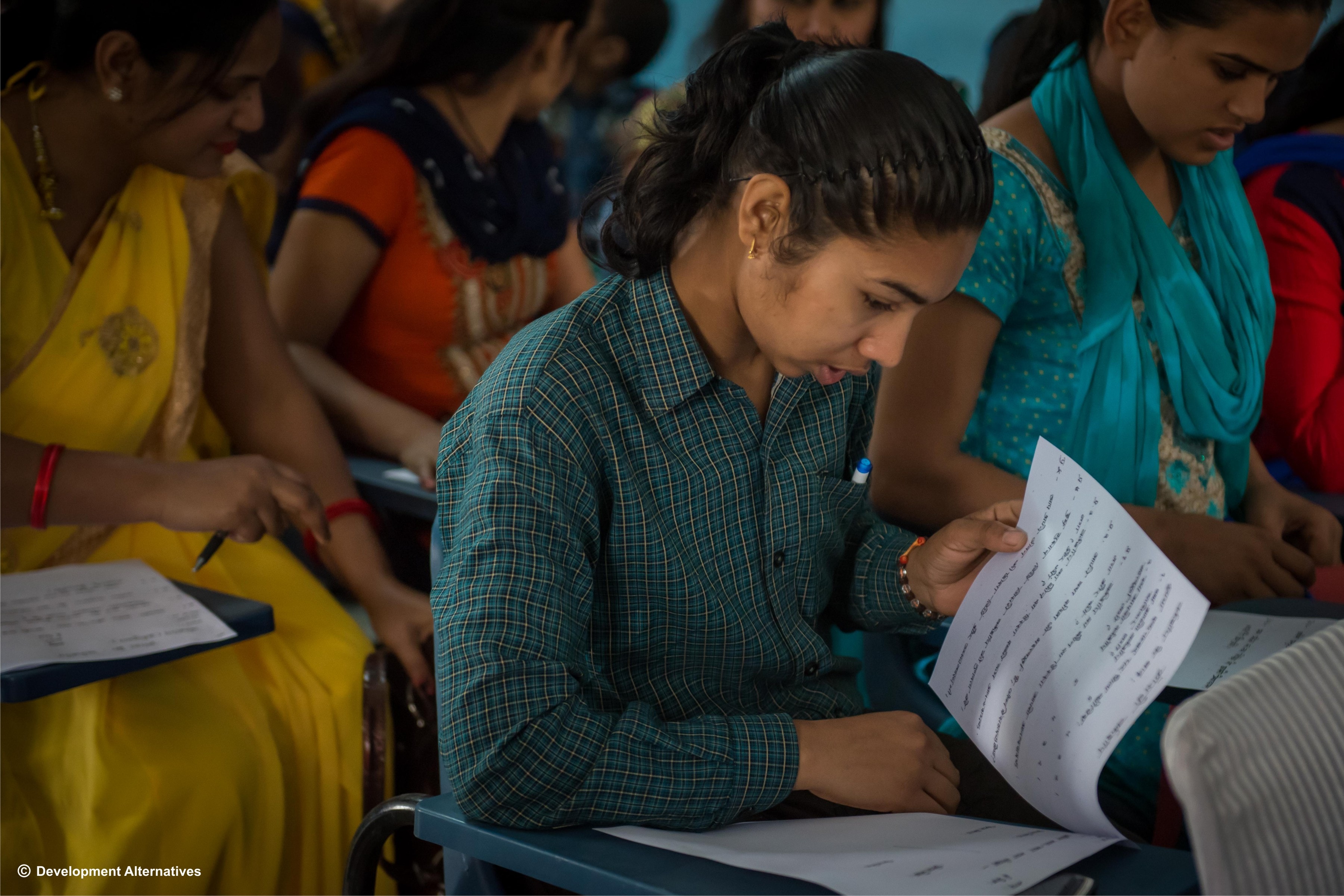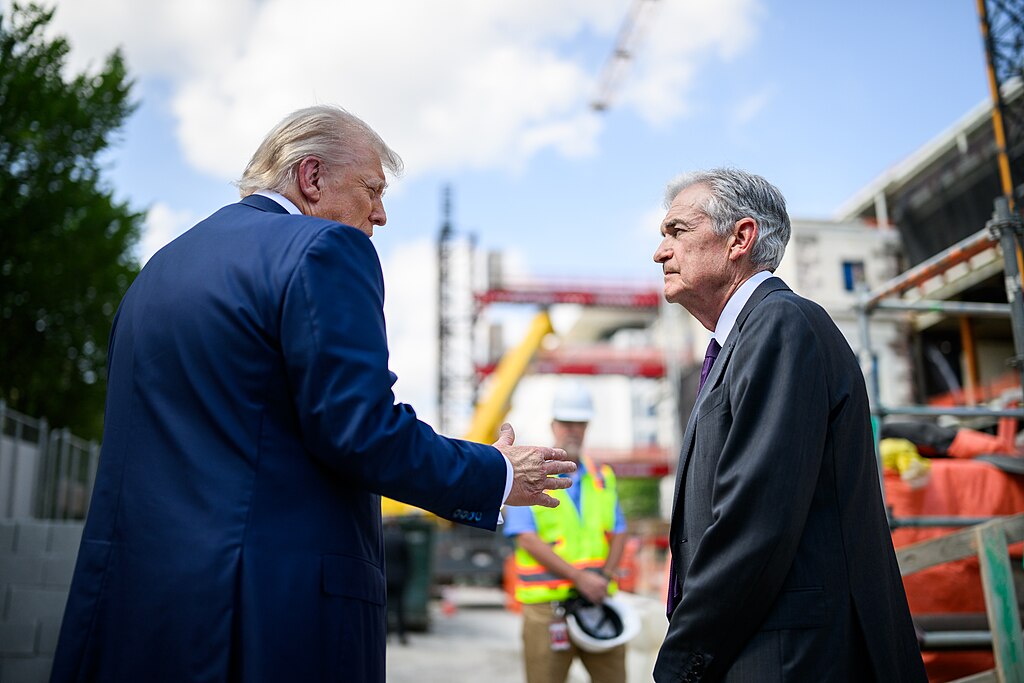The way most Westerns perceive Africa is not so new. Africa has been seen by most inhabitants of the “developed world” as a massive piece of arid land with many “states”, where nothing grows, where everyone’s poor and dying, where people have no understanding of urban development, of modern technologies, or of human rights.
This Africa has also been the connecting bridge between East and West, American, European, and Asian economic powers all go through Africa while they attempt to make their best deals and exploit any riches that come along the way. This is not a big piece of news. Africa has always been at the centre of global chaos and global wealth, never-ending route of slave trade, of impoverishment, of incessant exploitation, of illegal mining.
Africa has been systematically associated with war, poverty, aridity, and instability for so long that the only perception most of us have of Africa today is either one of pity or fear. This misconception is so engraved in our media-fueled minds that we even think that African languages sound “primitive”, “aggressive”, “unsexy”, or “scary”.
Many of us think of “vaccines” and medicine as soon s they think of Africa. Others think of Madonna’s Malawian children or Oprah’s school of girls in South Africa. We don’t even make the distinction between different regions in Africa that might exhibit more dissimilarities than most of us would imagine.
The truth is, some countries in Africa are more developed than many countries in the developed world in so many fields. We think that the feminist movement is a Western invention to advance gender equality in the world. We think of international aid and development programmes operating in Africa as a vital rescue plan. We think of the foreign investors and human rights workers coming to Africa as bona fide teachers that illuminate the continent with values of democracy, equality, and peace. Let us think of the prominent HeForShe campaign as it has been introduced to Africa as an alien concept to regulate and improve how Africans live their lives and teach them about gender equality since Africans haven’t heard of it.
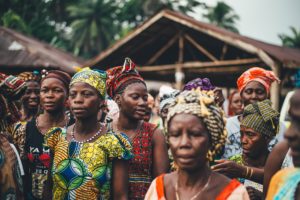
IN THE PHOTO: Gathering in Sierra Leone. CREDIT: Annie Spratt on Unsplash
When in fact, many African countries exhibit more feminism in the way they function socially and politically than many European states.
Rwanda, for instance, is the number one country for women in power with more female Parliamentarians than male. Tunisia has more progressive sexual and reproductive rights than Poland, or Malta, or Ireland.
So maybe European and American leaders can learn from Rwanda and Tunisia. Naturally, Rwanda and Tunisia are in desperate need for “democratisation” and enlightenment, of values of human rights that were coincidentally invented and developed by the nations that continuously and excessively exploit and utilize African resources and people, to keep their multinational corporations and banks well-fed reigning on top of the food chain.
The missing piece in this misconception is the alternative story that Western mainstream media and news outlets choose not to tell because it keeps their lucrative narrative alive. What’s even more alarming is that many African nationals believe this narrative and believe that of all beautiful and fertile places of the earth, God sent them to Africa to suffer and undergo distress and misfortune. They are born in environments that have been systematically impoverished, under systems that have been destabilised and trained on values of corruption and autocracy.
And then when many Africans risk their lives travelling across hot and dry deserts and dangerous seas, they either lose their lives in pursuit of a safer and better life, or are rejected, deported and sometimes imprisoned by European states.
An African is inherently guilty, inherently unknowledgeable and desperate, and when some Africans make the exception, we call them “westernised”.
That’s how it goes. That’s how it has been like forever. The art of labelling Africa and presenting it to the world through postcolonial eyes is of great benefit to the world’s largest economies and so-called builders of democracy. By maintaining the dull idea of Africa being a poor continent whose people are in desperate need for foreign assistance and relief, multinational economic and financial behemoths feeding on African resources will be able to continue looting and systematically destabilizing African nations. It is the law of the jungle, as simple as that. Except, unlike in the jungle, we humans have managed to establish laws that protect our human rights, guarantee our dignity, and ensure that we are all equal. But these laws certainly do not serve everyone. We live in times of selective human rights, economic ruling, and colonial ideologies, and this will continue to be the status quo unless we, Africans, do something about it.
IN THE PHOTO: Cameroon. CREDIT: Wellington Rodriguez on Unsplash
Africa’s most valuable assets are its people. Its people are the ones with the key to radically transform the continent and change the idea that the world has of Africa.
More than 220 million people in Africa are between the ages of 15 and 24, making our continent the youngest in the world. We are indeed the force that can defy old tedious ideas that have been inherited by previous generations and by occupation.
We have the capacity to shake the political systems and question the decisions made by our leaders. We only can make the difference that Africa desperately needs, to realize our true freedom and be in control of our fate.
Last year, the African Union announced a campaign entitled “harnessing the demographic dividend through investment in youth”. This was followed by many prestigious meetings, fancy talks, and huge PR campaigns, only to result in little or no action. It is time for African youth to become the decision-makers, to say No, to change the rules, to rise up and collaboratively build the Africa we want. A free, independent Africa that owns its resources, decides on its behalf, and employs its young people to make a difference in Africa and beyond. This can no longer wait.


